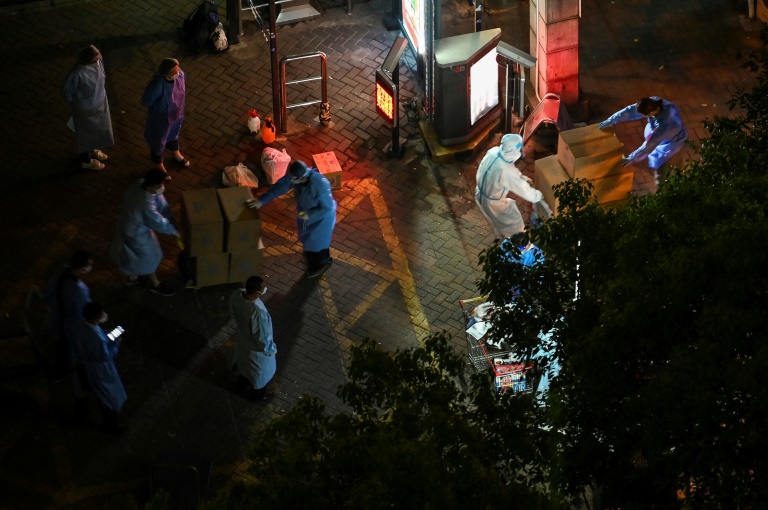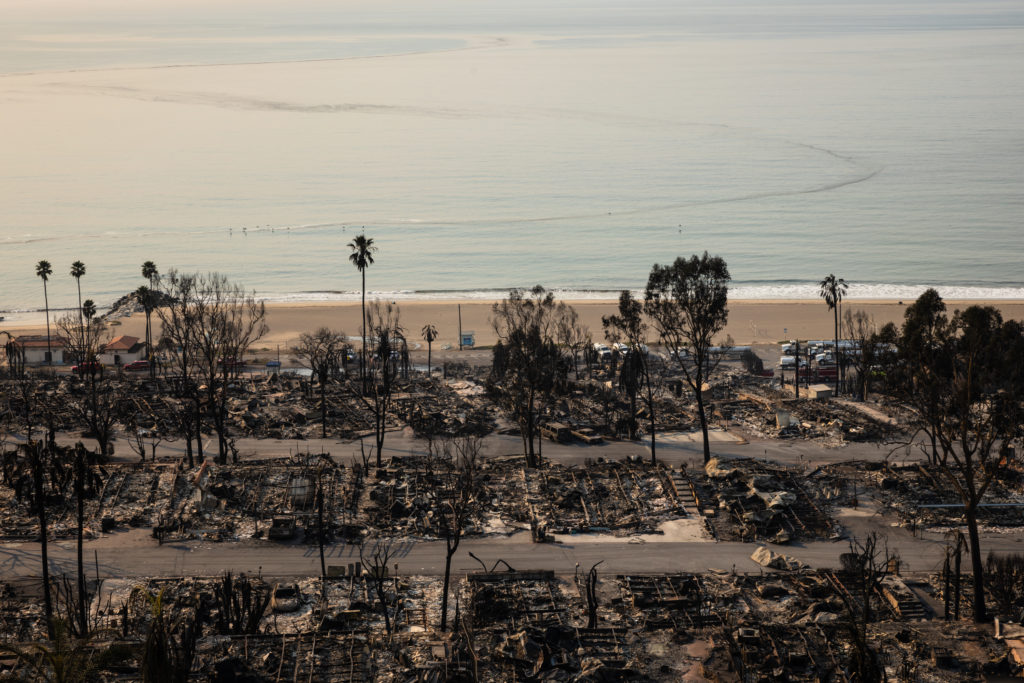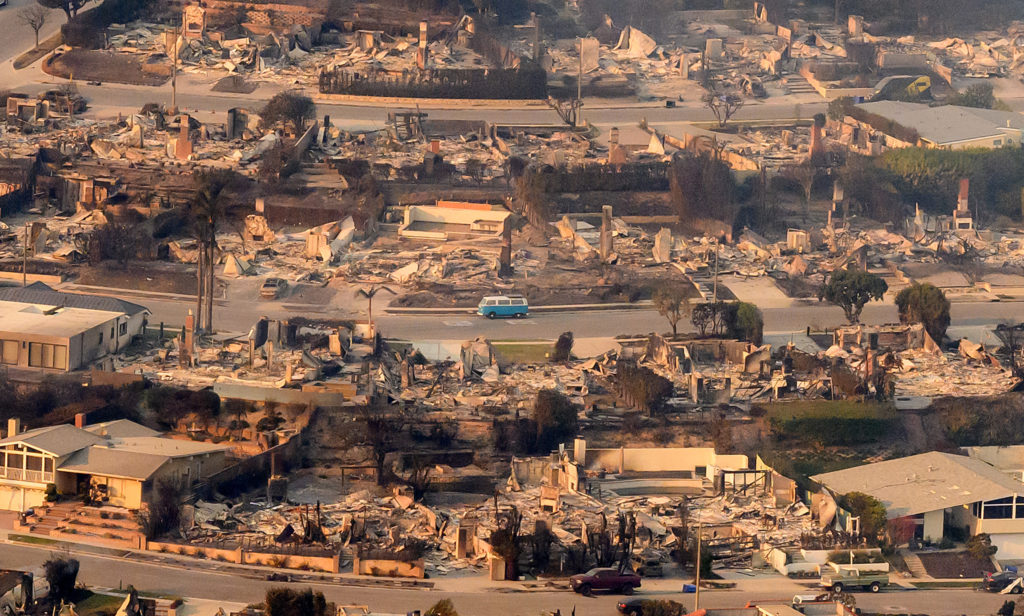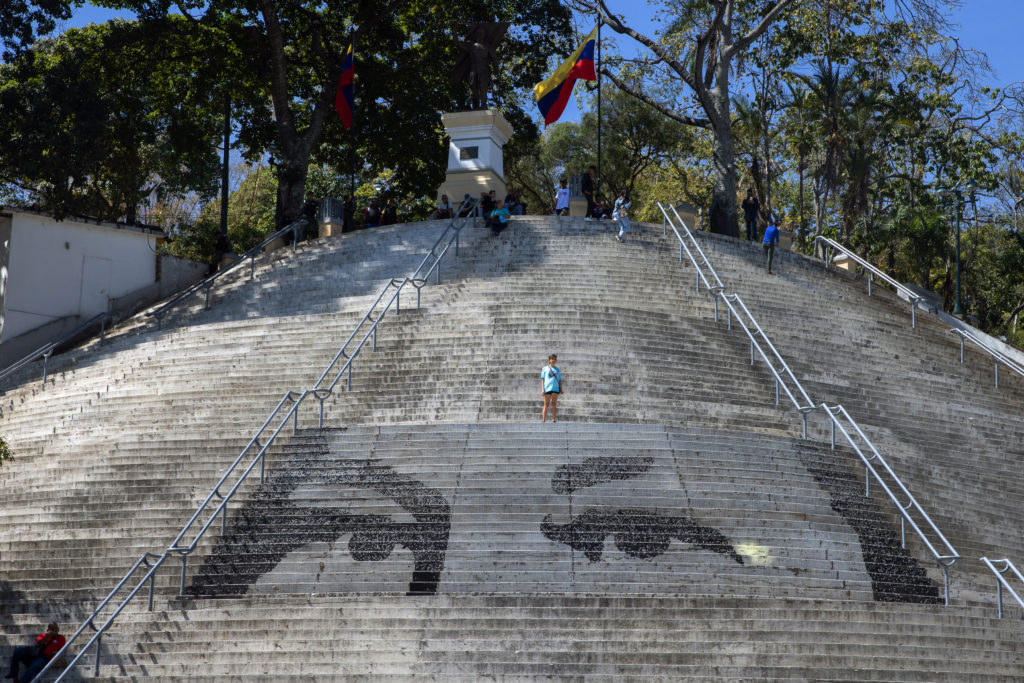The Chinese megacity of Guangzhou on Thursday cancelled hundreds of flights and began testing 5.6 million people over one suspected Covid case, part of an escalating battle across the country to extinguish the virus.
China is facing its worst outbreak since the peak of the first wave in early 2020, with eastern Shanghai recording dozens of daily deaths and the capital Beijing sealing off whole neighbourhoods where handfuls of cases have been detected.
Under its zero-Covid policy, China has used lockdowns, mass testing and travel restrictions to stamp out infections.
The strategy is under strain, with the highly transmissible Omicron variant punching through health controls.
Rolling virus restrictions — including a weeks-long lockdown of virtually all of Shanghai’s 25 million residents — have damaged the economy, causing backlogs at the world’s busiest container port, a key node in the global supply chain.
On Thursday Guangzhou, a major trade and manufacturing hub in southern China, announced mass testing for almost a third of its near 19 million residents after an “abnormal” test result was detected at its airport, where most flights have been cancelled.
Meanwhile, the tech hub of Hangzhou near Shanghai late on Wednesday ordered 9.4 million downtown residents out of its 12.2 million population to get tested every 48 hours if they want to access public spaces and transportation.
The aim is “that the virus has nowhere to hide or settle”, the city government said in a statement, raising fears of further restrictions across a city home to some of China’s biggest companies.
China reported 11,367 new infections on Thursday, a small daily tally compared with most major global economies, but enough to rattle authorities in the country where the coronavirus was first detected in late 2019, but that had until recently emerged relatively unscathed by the pandemic.
– Ruined holiday –
The outbreaks are expected to hit tourism during next week’s May national holiday, one of the busiest travel periods of the year.
Chinese travellers are forecast to make 100 million domestic trips during the five-day holiday, down 62 percent from 2021, transport official Zhou Min told reporters.
Wang Yang, a 34-year-old Beijing resident, told AFP he had cancelled his vacation plans because of the Omicron surge.
“We should avoid going out and stay at home,” he told AFP. “This is something that affects the whole country and not just yourself.”
Over 10,000 of China’s cases on Thursday were detected in Shanghai, where cases are trending downwards after a weeks-long lockdown which has enraged residents and seen rare protests against a government accused of bungling the response and failing to feed people confined at home.
In recent days, more housing compounds have lifted movement restrictions and authorities on Thursday said 90 percent of new infections were found in quarantined areas.
National Health Commission official Wu Liangyou on Thursday warned that preventing a “rebound or spillover is difficult.”
Around 50 new cases were found in Beijing, the seat of government for President Xi Jinping, who has until now hailed China’s virus response as an example of the superiority of the country’s Communist leadership.
The capital launched mass testing of nearly all its 21 million residents this week and locked down more housing compounds in its populous Chaoyang district Thursday.
Residents are on high alert of a potential wider lockdown and spooked by scenes of chaos in Shanghai which have pinged across social media before censors can erase them.
“I can see that some people are hesitant about the Covid policies,” Xiang, a 21-year-old student in Beijing who declined to give her full name, told AFP.











